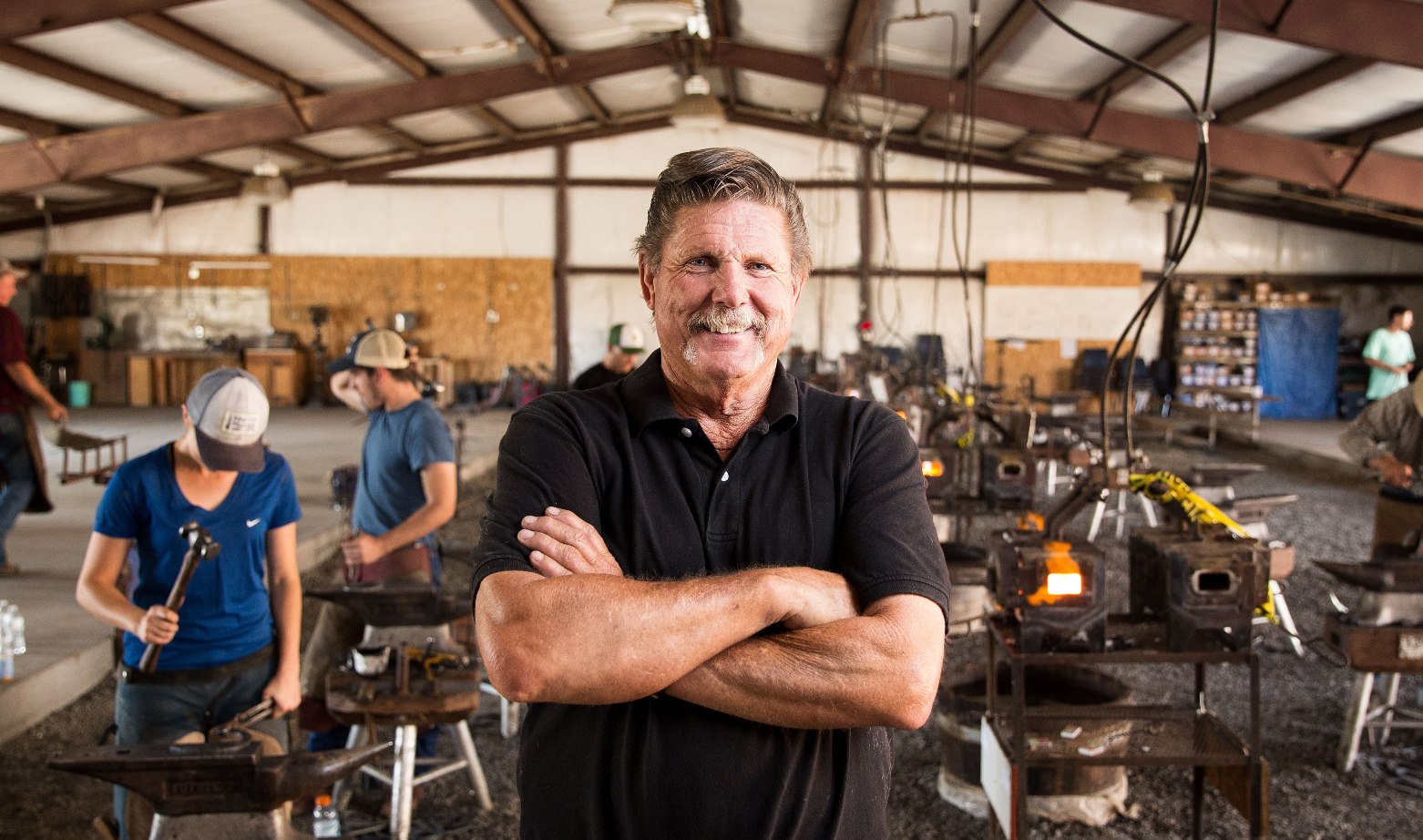
Fueled by a mix of misguided cultural pressures and misaligned government laws and incentives, the path to educational and economic success has become increasingly cookie-cutter, consisting of a strict step-ladder from high school graduation to four-year college education.
Rather than approaching each individual as a creative person with unique gifts and educational aspirations — not to mention unique advantages and disadvantages — our culture and policymaking continues to assume that one vocational or educational track ought to apply to all.
For Bob Smith, founder of Pacific Coast Horseshoeing School, a trade school seeking to empower future farriers, resisting that path is beginning to prove costly. Early this year, the state of California threatened to shut the school down if Smith continues to accept a certain kind of student: namely, those who haven’t completed their high school education.
“The State of California requires that every student that I accept in my program either possess a high school diploma, a GED, or they pass a written exam that’s been approved by the U.S. Department of Education,” says Smith. “You don’t have to know algebra to be able to shoe a horse. You don’t have to be able to read a novel to be able to shoe a horse. You don’t have to be able to write a novel to shoe a horse. You don’t have to possess any kind of degree in mathematics or English to shoe a horse. Horses don’t speak English. Horses don’t do math.”
Over 2,000 students have gone through Smith’s program, and prior to the law, many had no high school diploma or GED. According to Smith, “many, many, many” of those students did “exceptionally well,” and “they’re still shoeing horses today.”
But alas, when ranch-hand Esteban Narez recently applied for the school’s eight-week course, hoping to improve his skills with horses while gaining a more stable profession, Smith was forced to deny Narez’s application.
“If you haven’t finished high school, you’re not even allowed to invest in yourself,” Smith explains. “And that’s insane.”
In response, Smith and Narez are now suing the state for effectively criminalizing trade schools who seek an alternate path to education and worker empowerment. Indeed, the people who are most hurt by these laws are already economically and educationally disadvantaged by definition. “A lot of these young folks who are coming to the school, they’re looking to better their lives because they have really low-end jobs,” Smith explains. “In order to support themselves and their families, they’re seven days a week, they’re working full time, and they’re hardly making it.”
Due to those disadvantages and constraints, completing high school is just another barrier to entry. Instead of seeking ways to connect these workers to the economy, the government is seeking ways to force them into the cookie-cutter mold, diminishing their opportunities by increasing their obstacles.
“Government is [Esteban’s] biggest obstacle to success,” Smith says, “and not because the government is protecting him, but they just arbitrarily decided that all schools are not allowed to take these kids unless they meet their requirements, regardless of what the training is. I can’t believe that the State of California makes the decision that somebody is not worthy of investing in their own selves – that they pick winners and losers based on an arbitrary of who’s finished high school.”
We have plenty to do to fix that predicament and expand our economic imaginations, whether via policy, entrepreneurship, or a deeper social and spiritual shift in our attitudes and expectations when it comes to work, education, and vocation.
One of the primary challenges of economic change is orienting one’s goals, hopes, and dreams within the economic habitat of human needs. The disconnect we see here and elsewhere offers plenty of disorder when it comes to how we approach or view certain jobs or vocations, but it also indicates another dimension of disorder in how we approach the self in relation to God and man.
Our culture already does enough to unjustly denigrate the trades and the creative capacity of those who diverge from the predominant paths to work and education. We don’t need the government to join in on the party.
Image: Used with permission from Institute for Justice

